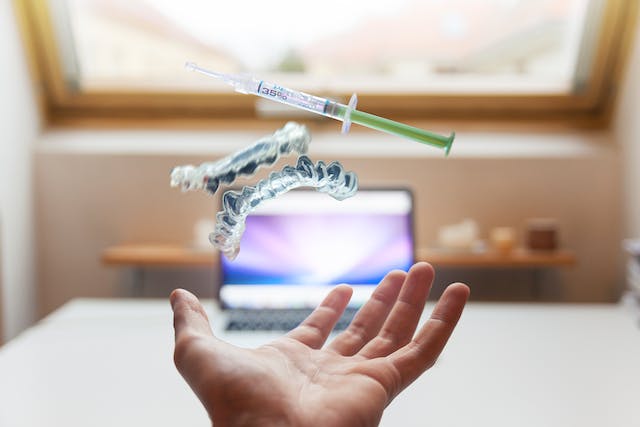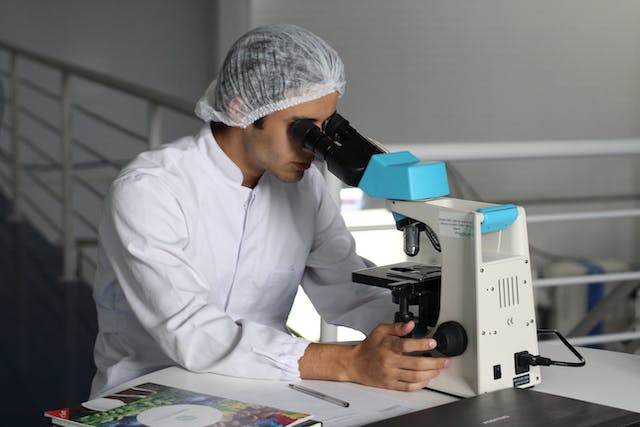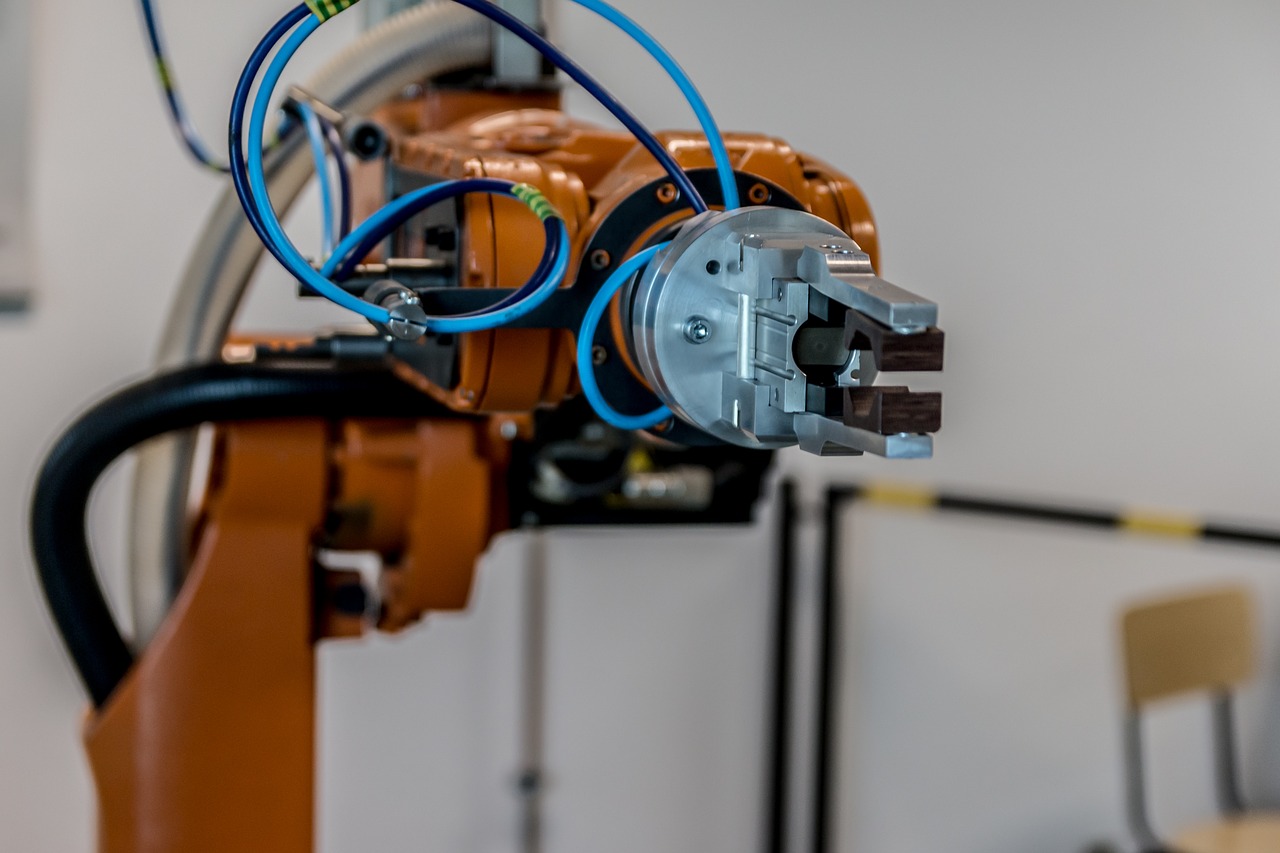As medical technology continues to rapidly advance, it’s becoming increasingly difficult for healthcare providers to keep up. From new treatments and tests that promise enhanced accuracy to revolutionary devices with the potential to completely change how medical care is delivered, the impact of technology on modern medicine can be seen in countless areas.
These advances offer unprecedented opportunities for improved health outcomes but also come with a myriad of questions, such as who will have access to these cutting-edge treatments, and at what cost? In this blog post, we’ll take a closer look at these advancements, discussing both the benefits and drawbacks they present for patients around the globe.
Overview of the impact of technology on medical device development and use
Technology is revolutionizing the world of medical device development and use, paving the way for advanced medical treatments and more efficient healthcare delivery. By incorporating innovative technologies and undergoing rigorous medical device laboratory testing, medical devices are becoming smarter, more precise, and increasingly accessible to patients. For example, medical implants equipped with sensors can wirelessly transmit real-time data to clinicians to monitor patient health.
Utilizing machine learning algorithms, medical devices are also being developed to make more accurate diagnoses and predict outcomes for patients. The advancements in technology are lowering the barrier to entry for patients who previously were unable to access medical devices, improving their overall quality of life. As the medical industry continues to evolve and embrace technological innovation, it is clear that the impact of technology on medical device development and use will continue to be transformative.
Examining how medical devices are changing due to advancements in technology
Advancements in technology have revolutionized many things in the healthcare industry, including medical devices. Over the years, we have seen medical devices become smarter and more efficient, making it possible to achieve improved healthcare outcomes. With the advent of innovative technologies such as artificial intelligence and the Internet of things, medical devices can now do more than just collect data on vital signs.
They can help physicians and caregivers diagnose and treat diseases more accurately while minimizing room for errors. From wearable devices that monitor patients remotely to surgical robots and implanted devices, the possibilities for medical devices are endless. Indeed, with ongoing advancements in technology, the future looks bright for medical devices and the healthcare industry at large.
Advantages and disadvantages of utilizing advanced technologies in medical devices
As technology continues to rapidly advance, the medical industry has seen a surge in the development and use of advanced technologies in medical devices. While there are undeniable benefits to incorporating these advancements, such as increased accuracy and efficiency in diagnosing and treating patients, there are also potential drawbacks to consider.
For instance, the cost of development and implementation can be steep, and there may be concerns over the safety and security of personal health data. As with any new technology, it’s important to carefully weigh the pros and cons before fully embracing it in the medical field.
Discussing the ethical considerations of using technology for medical device development
While there are countless benefits to incorporating technology into medical devices, there are also important ethical considerations to take into account. One key concern is certification. Before a medical device can be used in the healthcare industry, it must be properly certified and proven to be safe to use.
This certification process involves rigorous testing and peer review to ensure that the device is effective and doesn’t pose any undue risks to patients. Furthermore, PolarSeal can certify medical devices, just like other similar companies can. That way, patients can feel confident that the medical devices being used to treat them have been thoroughly vetted and approved by regulatory agencies.
Exploring future possibilities and implications of technological advancements in healthcare
The healthcare industry has seen many technological advancements over the past few years and these innovations continue to evolve at an ever-increasing pace. From the use of telemedicine to the development of new surgical techniques, technology is shaping the future of healthcare in ways we could never have imagined.
The possibilities for improving healthcare outcomes are limitless, allowing doctors to diagnose and treat patients with greater accuracy and effectiveness. However, these advancements also raise new challenges and ethical considerations such as data privacy, job displacement, and accessibility. As technology becomes more and more integrated into healthcare, it’s crucial that the implications of these innovations are scrutinized and carefully evaluated to ensure they promote equity, quality healthcare, and patient satisfaction.

With the integration of advanced technology into medical device development, numerous possibilities are arising for ensuring safety and accuracy while providing cost-effective solutions. There is an opportunity to leverage the power of these technologies not only for clinical applications but also to refine existing processes and healthcare practices. While doing so, one must not forget the ethical implications that come with using technology in medical devices, as these outweigh any potential benefits they may have.
Moving ahead, we must focus on a clear understanding of the implications along with advances in technology within the realm of medical device development and use. As a community of people striving for progress in this area, it is our obligation to ensure that whatever we create contributes positively and ethically to enhancing lives. Thus, let us move forward with wisdom and vision towards maximizing the potential of advancing technological capabilities in medical devices in order to revolutionize healthcare delivery.







